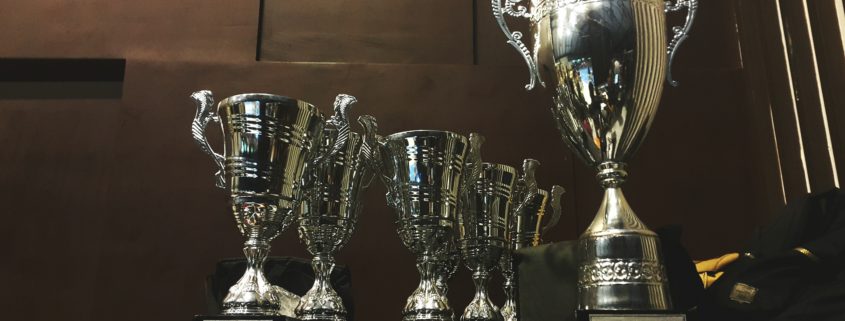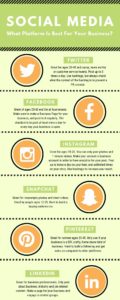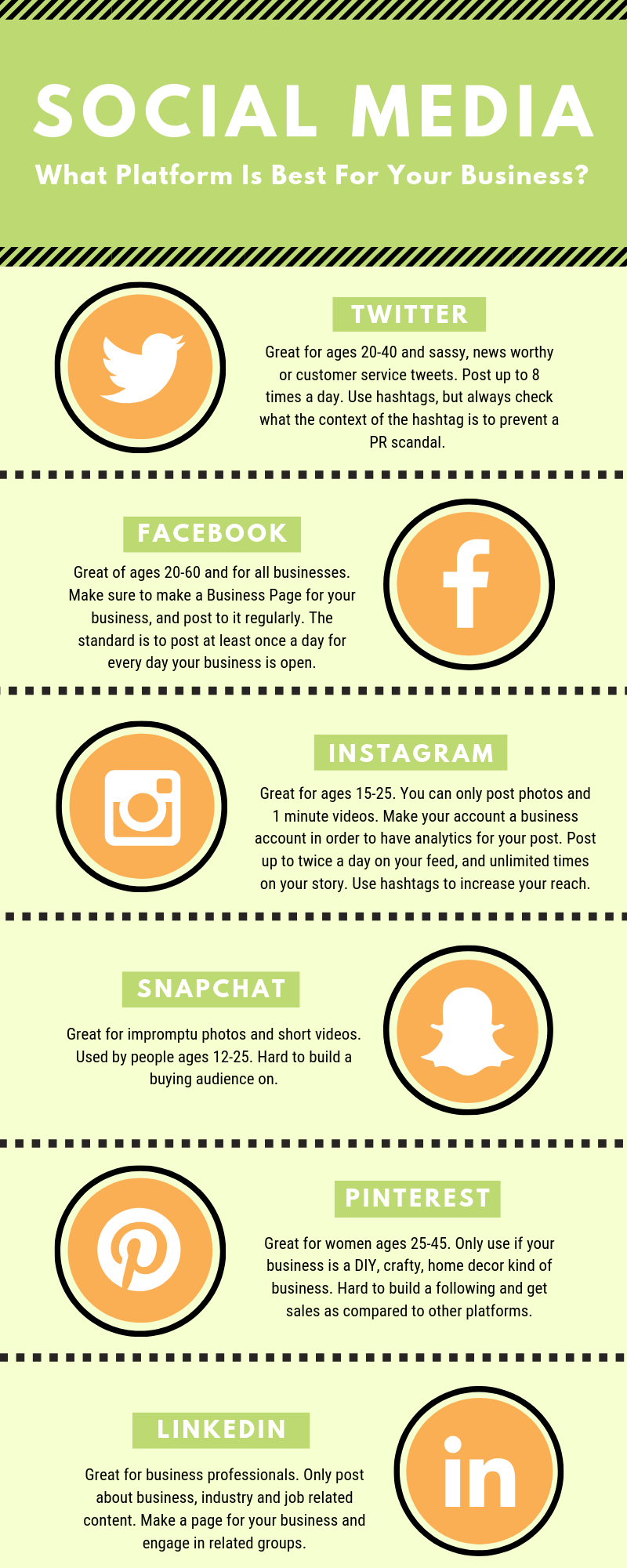Entrepreneurial Support Center (ESC) Frequently Asked Questions
What is the Entrepreneurial Support Center (ESC)?
The Entrepreneurial Support Center (ESC) is a new program at the Research and Business Development Center that focuses on helping small business owners, who have completed the Self-Reliance Services Starting and Growing My Business course, move the needle for their business. New clients work with three to four BYU-Idaho students, majoring in Business Management, Marketing and/or Finance, to work on two modules that will improve their business plan. These modules are: Business Concept, Competitive Analysis, Finances and Operations, Pricing Strategy, Marketing, and Cash Management.
Do I need to pay anything to participate?
This is a free, no obligation, opportunity. None of our ESC clients pay a dime to participate, though many chose to move on to our paid ALPS projects after their time at the ESC.
What topics can you help me with?
We can help you with the following:
- Business Concept | How does my product/service address my customer’s needs? What are my customer’s needs? Who are my customers? What should my product or service be/include?
- Competitive Analysis | What is my competitive advantage? What do my competitors offer? Who is my target audience? How large is the market? What are the competing products or services?
- Finances and Operations | Will my business be profitable? How much revenue can I expect to make? How do I track my expenses? How can I reduce my operating costs?
- Cash Management | How do I track my revenue? How do I keep my business and personal finances separate?
- Pricing Strategy | What’s the best price point for my product/service? What price point are my competitors selling at? How much is my target audience willing to pay?
- Marketing | Should I have social media accounts and if so, which ones? What’s the best way to market to my audience?
How much involvement should I expect to contribute?
We ask our clients to meet with our student advisors four times in those two weeks, usually for 30-60 minutes per meeting. The advisors may also ask you to do quick assignments each week, such as give them specific information, or make a decision for your business that impacts their research. Overall, you can expect to spend four to six hours of your time in those two weeks.
Who will I be working with?
You’ll work with a small team of three to four BYU-Idaho students; most of which are Business Management, Marketing, and Finance majors.
What happens when I sign up as a client?
Depending on when you sign up, and where we are in the cycle for that quarter, you can expect to receive an email from the client liaison with an introduction to the ESC, and an invitation to do an introductory phone call. After that, you’ll receive another email about having your first meeting with the ESC administration to determine where your business is at and what work will benefit you the most. At this meeting you should bring your Starting and Growing My Business book, your business journal, your product or a detailed description of your service, and any other relevant information. Once we have determined a scope of service, we will contact you with your team’s contact information and your project start date.
From there, you’ll begin meeting with your team and start your two week project.
What can I expect to get at the end of the project?
It depends on what work the team does for you. At the least, you can expect to be given a presentation of the student advisors findings and recommendations. Some projects may also include a handout or list of resources for your business.
What can I do after my ESC project finishes?
Once your project is done you have a few options:
- Do a second ESC project the next quarter
- You are always welcome to come do a second ESC project the next quarter if you feel you have more work that needs to be done.
- Move on to an ALPS | Basic project
- You can sign up for an ALPS | Basic project, which is a 12 week program working with a team of four to six BYU-Idaho students from various majors. These projects provide greater flexibility on what can be done and depend on your expertise to guide the team. ALPS | Basic are $399.
How do I sign up for the ESC?
If you’re ready to take your business to the next step with the ESC program, please fill out the following interest form: http://bit.ly/ESC-SignUp
If you think the ALPS Basic program might be a better fit, please go here to learn more.




 .
.
